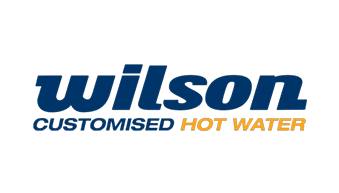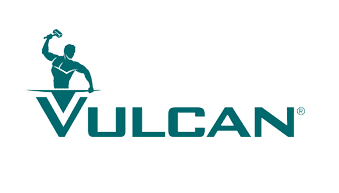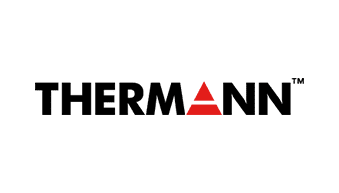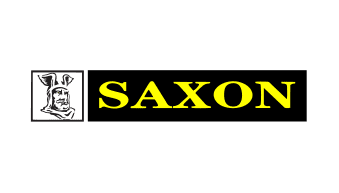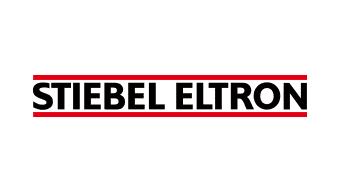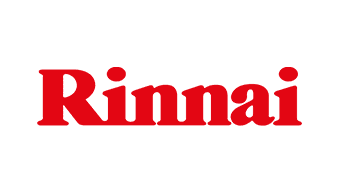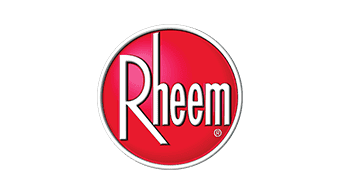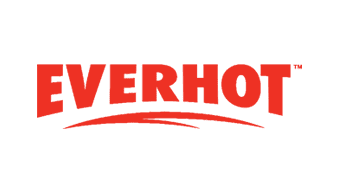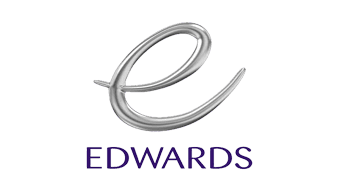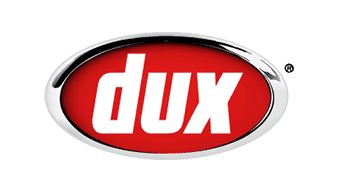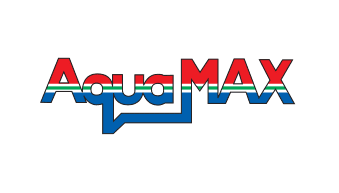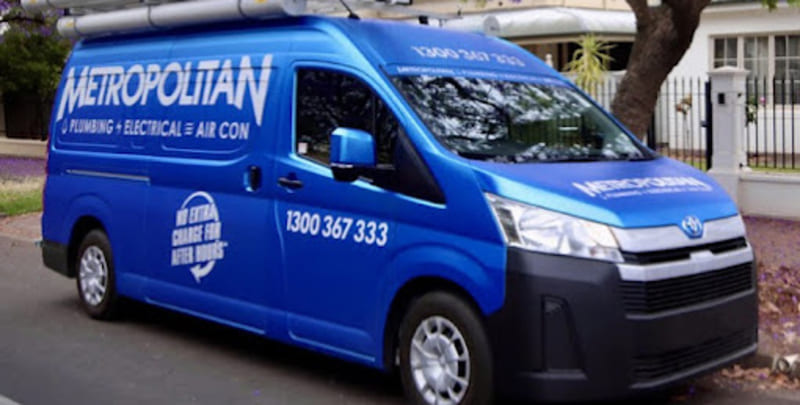
The Pros and Cons of a Hydro Jet Drain Cleaner
Are you tired of dealing with blocked drains and sewer pipes? Traditional drain jetters may not always do the job.
Enter the hydro jet drain cleaner, a powerful and efficient solution for clearing blockages. Let’s talk about the advantages and disadvantages of this impressive approach to clearing your drains, and why hiring a professional is essential.
What is a Hydro Jet Drain Cleaner?
A hydro jet drain cleaner uses high pressure water to remove stubborn blockages in your drain and sewer system. Drain jetters are machines specifically designed for this task, featuring a nozzle attached to a long hose connected to the main machine.
The nozzle directs a pressurised jet of water capable of clearing even the toughest blockages. The hose is often stored on a hose reel, ensuring easy handling and storage.
Pros of Hydro Jet Drain Cleaning
As a method of blocked and congested drains, hydro jet drain cleaners present several compelling benefits. Among them are the following:
Effective Cleaning
One of the major selling points of hydro jet drain cleaning machines is their ability to handle various types of debris. Unlike some traditional drain cleaning tools, drain jetters can power through tree roots, grease, and other hard-to-remove blockages. The high pressure water from drain cleaner nozzles can easily dislodge debris from the walls of your pipes, restoring your sewer system’s capacity and performance.
Environmentally Friendly
Hydro jet drain cleaners use water as a cleaning agent, making them an environmentally friendly alternative to chemical-based commercial drain cleaners. The absence of harsh chemicals in this method reduces the chances of causing damage to the ecosystem. Plus, you won’t have to worry about toxic fumes harming your family or pets.
Versatility
Drain jetters come in several sizes and power levels, making them suitable for various applications. With the right nozzle and machine, you can use these powerful tools in residential, commercial, and even industrial settings. This versatility ensures that no matter the severity and location of the blockage, you’ll get the job done right with hydro jet drain cleaning.
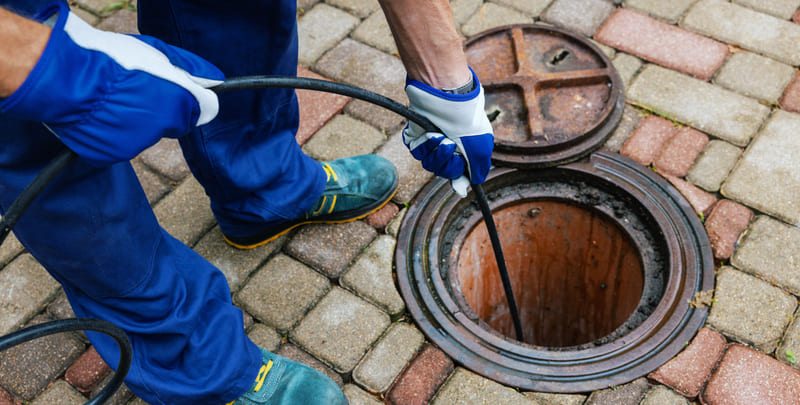
Cons of Hydro Jet Drain Cleaning
Of course, as effective as hydro jetting can be, it’s not the solution for everyone. In particular situations it may present some drawbacks, those being:
Requires Professional Expertise
While it may be tempting to use a hydro jet drain cleaner as a DIY solution, the high pressure water used can be dangerous if not properly handled. High pressure water can cause physical harm, damage your pipes, and even cause them to overflow or burst. It’s crucial to hire trained professionals who have experience working with these machines, as they’ll know how to operate them safely and effectively.
Potential Damage to Your Pipes
Although hydro jet drain cleaners are powerful and effective, there’s the possibility of causing further damage to your pipes if used improperly. A professional will assess your drains and pipes to ensure that they use adequate water pressure, preventing any unwanted damage.
Some Blockages are Unmanageable
Although drain jetters can handle most blockages, there are some instances where a hydro jet drain cleaner simply won’t cut it. You might need to replace heavily deteriorated or collapsed pipes rather than clean them. An experienced professional will which is the best course of action.
Experience The Difference Of Hydro Jet Drain Cleaning Tools
A hydro jet drain cleaner is a valuable tool for dealing with stubborn blockages in drains and sewer systems. While there are potential drawbacks, the benefits of using this environmentally friendly and versatile option are clear.
You cannot overstate the importance of hiring a professional with expertise in operating drain jetters. Their knowledge and skills will ensure they complete the job safely and correctly. So the next time you find yourself with a blocked drain on your hands, consider enlisting the prowess of a reputable expert to use hydro jet drain cleaning technology.
Please note: This information is provided for advice purposes only. Regulations differ from state to state, so please consult your local authorities or an industry professional before proceeding with any work. See our Terms & Conditions here.
Published: 2024-02-06



